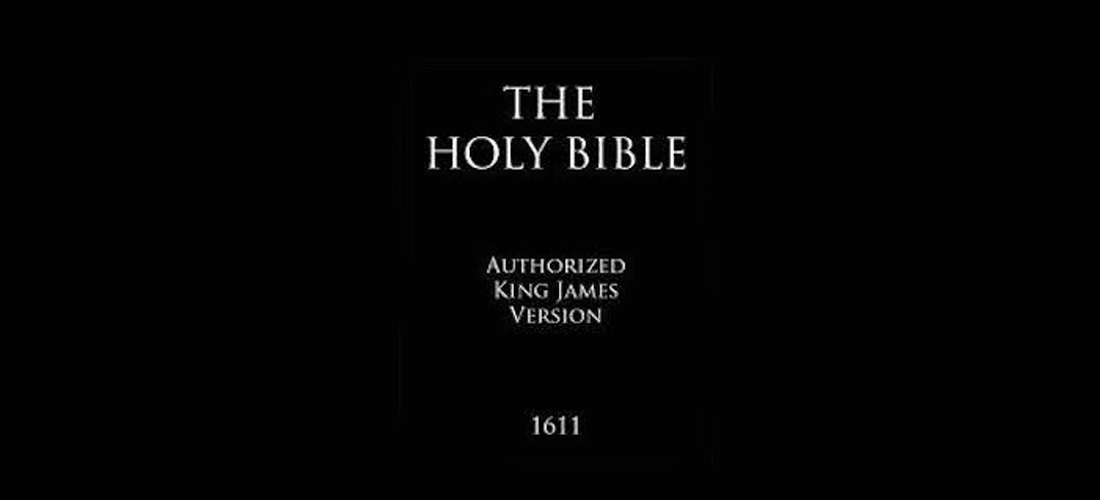
Demographically, some have cited atheism as the fastest growing ideology in contemporary America. This may settle the question for many people why there is such a rampant growth of consumerism and higher crime and imprisonment rates than at any time in history, not to mention the difficult-to-reconcile changes in American politics, both domestically and abroad. At the very least, this development is evident in the widespread reluctance of so many people to acknowledge the significance of The Holy Bible as one of the most important and influential written works in human history.
Historically, atheism is not a typically American cultural practice. Many of the first European settlers in America arrived hoping to escape religious persecution in Europe. The state of Pennsylvania, founded by William Penn, was consciously established with the intent of providing sanctuary and a haven for the free practice of religions that had not enjoyed such protection elsewhere. Pennsylvania Deutsch—popularly known as Pennsylvania Dutch—is the German dialect of the members of the Amish community who still maintain many of their traditional practices to this day.
Independent publications have a long history as catalysts for change. The American statesman Thomas Paine famously sought escape from execution in Europe as a result of his treatise, The Age of Reason2, originally published in 1795. This pamphlet, along with his entire body of writing, was instrumental in inspiring the American War for Independence. Thomas Paine and his fellow statesmen successfully established the foundation of traditional American philosophical, religious, and political thought that was based in deism, rational discourse, humanism, liberalism, and the political philosophy of John Locke, in which one can find the origin of the American understanding of civil liberties: we are only so free as we allow those around us—including those with whom we do not necessarily agree—also to be free. Thus, freedom is not absolute—it is limited to those actions which do not permanently prevent others from exercising the same rights and privileges you believe you deserve for yourself.
Early Americans believed these rights were an inherent and defining quality of humanity; that we are endowed with them by our Creator; and that they are inalienable—they cannot be taken from us by legislation. Much of the conflict in Europe that the early European settlers were trying to escape resulted from disputes about this belief, and America settled the question by proclaiming that “we hold these truths to be self-evident,” i.e., there is no point in debates that try to prove or disprove such claims—we all know they are true, so let’s agree and move forward.
Regardless, arriving at that moment in history was not without conflict. For Thomas Paine, the difficulty of feeling compelled to utter his views about religion and corruption angered many people who felt his "crime" should have resulted in execution:
“Whenever we read the obscene stories, the voluptuous debaucheries, the cruel and torturous executions, the unrelenting vindictiveness, with which more than half the Bible is filled, it would be more consistent that we called it the word of a demon, than the Word of God. It is a history of wickedness, that has served to corrupt and brutalize mankind; and, for my own part, I sincerely detest it, as I detest everything that is cruel…”2
The civilized world of 1795 was not the civilized world of 2017, but to misinterpret his criticism as a rejection of religion or as an endorsement of atheism would be a serious mistake. His critique of The Holy Bible is punctuated by a more sublime understanding—it is not the stories of wickedness themselves that the religion represents, but the triumph over them that The Bible really speaks to, and for Thomas Paine in the vast wilderness of 18th century America, the Old World may have caught an inspiring glimpse of how the world should look, without all the wickedness and betrayal that created the need for religion in the first place:
“BUT some perhaps will say -- Are we to have no word of God -- no revelation? I answer yes. There is a Word of God; there is a revelation.
"THE WORD OF GOD IS THE CREATION WE BEHOLD: And it is in this word, which no human invention can counterfeit or alter, that God speaketh universally to man.”2
So much for hermeneutics. The modern world has again vastly evolved, for better or for worse, from the world of Thomas Paine. Still, the spread of atheism as a violent and repressive reaction against religion ironically proves that The Holy Bible is no less a vital and influential artifact of human history now as ever.
Although many people turn their nose up when anyone mentions religious teachings and writings, no one can really claim to be educated until they have read at least one of the major works of the world's recognized and established religions. Don’t let someone else make up your mind for you. If for no other reason, and especially if you are an atheist, reading The Holy Bible will provide you with a more solid foundation for the study of world history, culture, and politics than will any 21st century textbook, no matter how fully annotated and detailed. How can you reject something of which you are fundamentally ignorant?
There is no end to the debate about which version provides the most accurate translation. Many people object to the King James version1 for political reasons, but it is a widely accepted and well-known translation. Written in 1611, it will bring you closer to the genuine article than the proliferation of contemporary study Bibles, which are even more corrupted by contemporary political agendas.
Regardless, reading this revered text from beginning to end may enrich your life in ways you cannot likely anticipate.
- The Holy Bible, King James version, 1611 edition. (2014). Rochester, NY: Starry Night Publishing.com.
- Paine, T., & Conway, M. D. (2010). The Age of Reason. United States: Merchant Books.
